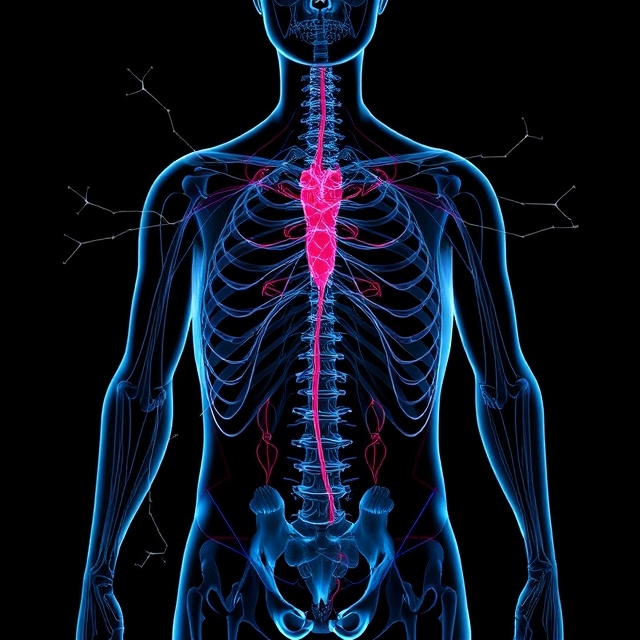Why Does Weight Increase Rapidly After Dieting?
The Issue:
The rapid weight gain that often follows the cessation of dieting is a widespread concern for many individuals. This phenomenon, colloquially known as the “yo-yo effect” or weight cycling, can be frustrating and disheartening, especially after significant efforts to lose weight.
Objective:
This article aims to explain the physiological and psychological mechanisms that contribute to post-diet weight gain and propose practical solutions for maintaining a stable weight.
Definitions:
- Dieting: A deliberate restriction of food intake or modification of eating habits to lose weight.
- Weight Gain: An increase in body mass, typically due to fat accumulation, muscle growth, or water retention.
- Metabolism: The biochemical processes in the body that convert food into energy.
Physiological Mechanisms

1. Basal Metabolic Rate (BMR):
The BMR represents the energy your body uses at rest to maintain vital functions like breathing and circulation. During restrictive dieting, the body often lowers its metabolic rate to conserve energy.
- Example:
A 2016 study on participants of the TV show The Biggest Loser found that their BMR decreased significantly after extreme weight loss. When they resumed normal eating, their calorie intake exceeded the reduced metabolic rate, leading to rapid weight gain.
2. Hormones and Appetite Regulation:

- Leptin: A hormone that signals fullness. Prolonged dieting often leads to lower leptin levels, making individuals feel hungrier even after eating.
- Ghrelin: Known as the hunger hormone, ghrelin levels increase during calorie restriction, intensifying cravings.
- Insulin: Poor management of insulin sensitivity during dieting can lead to increased fat storage when calorie intake rises again.
- Example:
Research from the Journal of Clinical Endocrinology & Metabolism shows that post-dieters experience hormonal changes, including persistent hunger signals, which drive overeating.
3. Muscle Loss:
Lean muscle mass burns more calories than fat. During extreme dieting, the body may break down muscle for energy, reducing the overall calorie-burning capacity.
- Example:
A study published in Obesity Reviews noted that rapid weight loss often includes significant muscle loss, which predisposes individuals to regain fat more easily once they stop dieting.
Psychological Factors

1. Emotional Eating:
Stress, boredom, and emotional distress can trigger overeating, especially after the structured environment of a diet ends.
- Example:
The American Journal of Clinical Nutrition highlighted that emotional eaters are more likely to regain weight, particularly if they use food as a coping mechanism for stress.
2. Behavioral Patterns:
Unhealthy habits, such as binge eating or returning to high-calorie foods post-diet, contribute to weight regain. The lack of long-term behavioral change is a key obstacle.
- Example:
A 2020 review in Nutrients emphasized that most dieters revert to old eating habits, undoing their progress. Without sustainable changes, the weight returns.
Other Contributing Factors
1. Genetics:
Genetic predisposition plays a significant role in metabolic rate, fat storage, and appetite regulation.
- Example:
Some individuals carry a variation of the FTO gene, which has been linked to a higher risk of obesity and a stronger inclination to regain weight after dieting.
2. Medications:
Certain medications, such as antidepressants and corticosteroids, can cause weight gain by increasing appetite or altering metabolism.
- Example:
A study in The New England Journal of Medicine identified that patients on antidepressants gained an average of 3–5% of their body weight over a year.
Solutions
1. Balanced Diet:
Instead of restrictive diets, adopt a sustainable eating plan rich in nutrients.
- Example:
Focus on whole foods, such as leafy greens, fruits, lean proteins, and whole grains, while limiting processed sugars and saturated fats.
2. Regular Exercise:
Incorporate both aerobic and strength-training exercises to maintain muscle mass and boost metabolism.
- Example:
A combination of running and weightlifting can help prevent muscle loss and support long-term weight management.
3. Lifestyle Modifications:
- Prioritize 7–9 hours of quality sleep per night.
- Practice stress-reducing activities, such as meditation or yoga.
- Stay hydrated to curb unnecessary snacking.
4. Psychological Support:
Work with a therapist or counselor to address emotional eating and build a positive relationship with food.
- Example:
Cognitive-behavioral therapy (CBT) has been proven to help individuals reframe unhealthy eating patterns and establish healthier habits.
Weight regain after dieting is a multifaceted issue rooted in both physiological and psychological factors. By understanding the mechanisms behind post-diet weight gain, individuals can adopt more sustainable approaches to weight management.
Future Directions:
Further research is needed to explore the interplay between genetic factors, hormonal responses, and behavioral interventions to create personalized strategies for weight maintenance.



